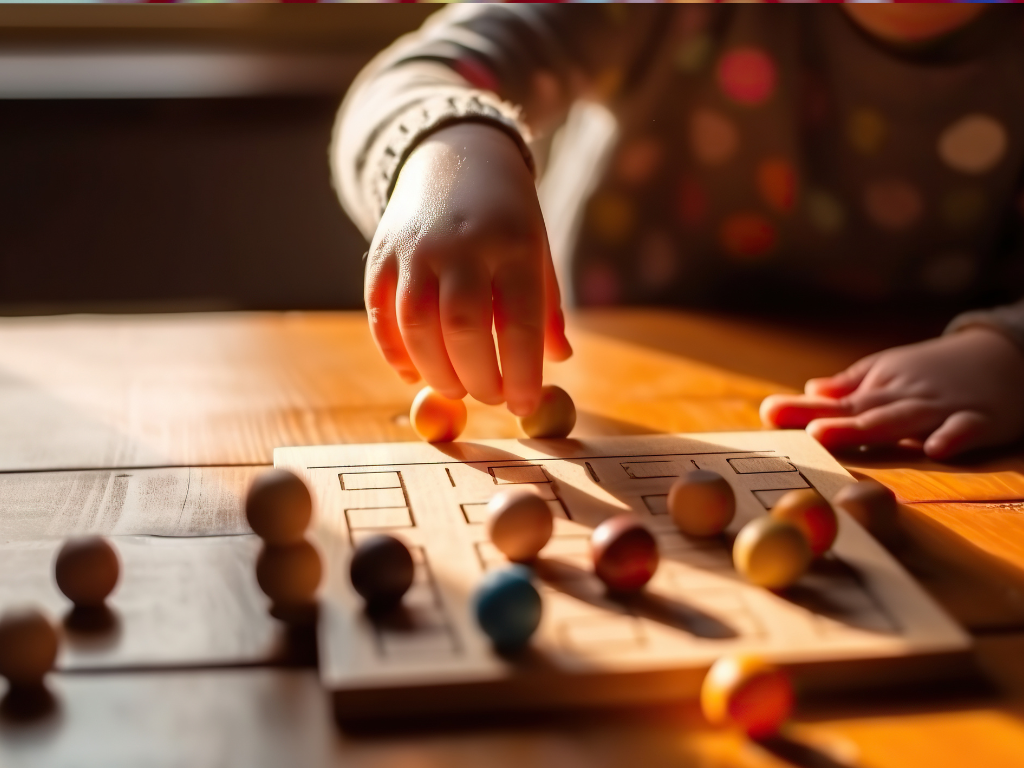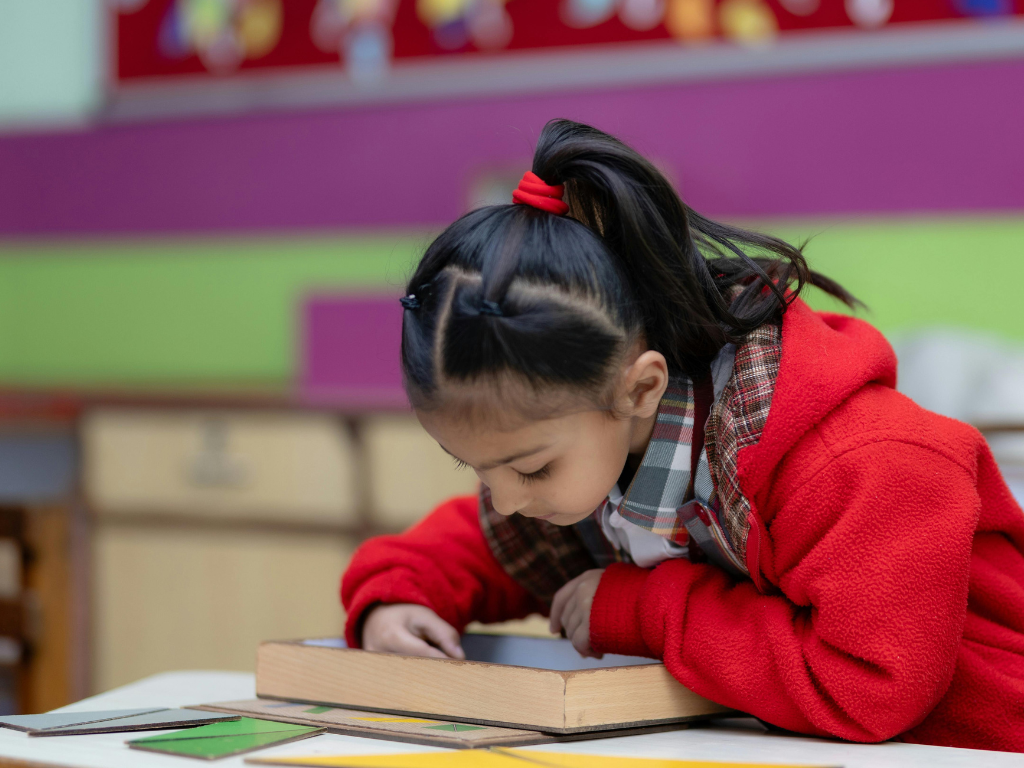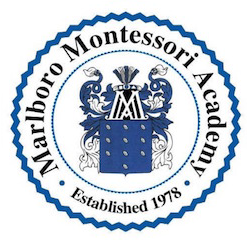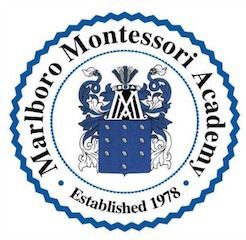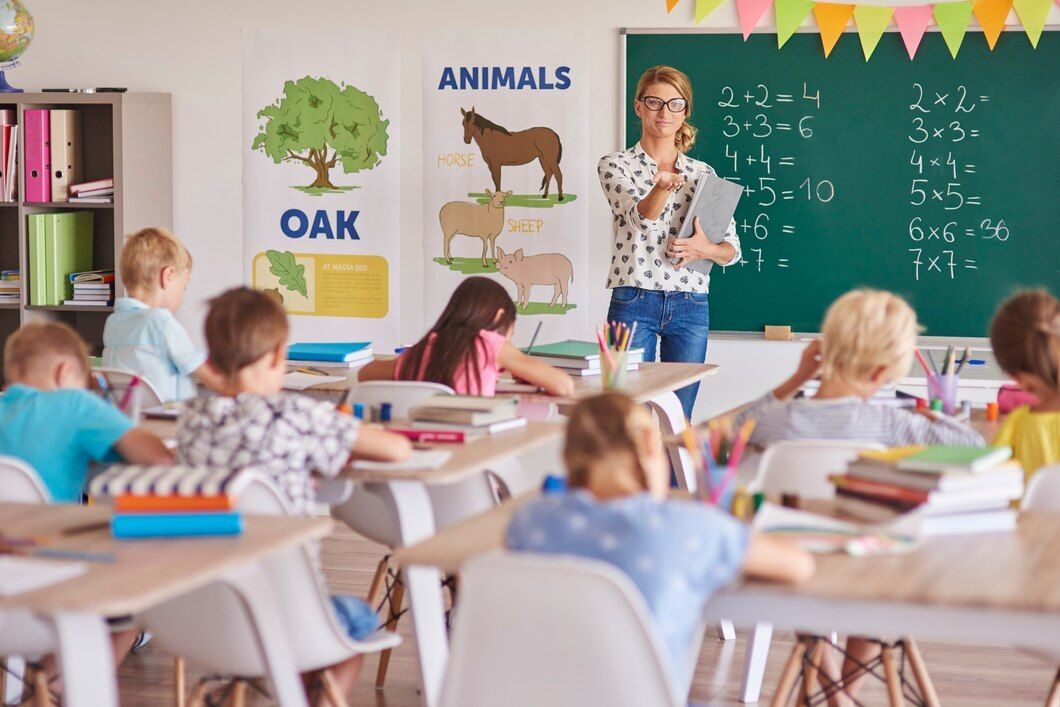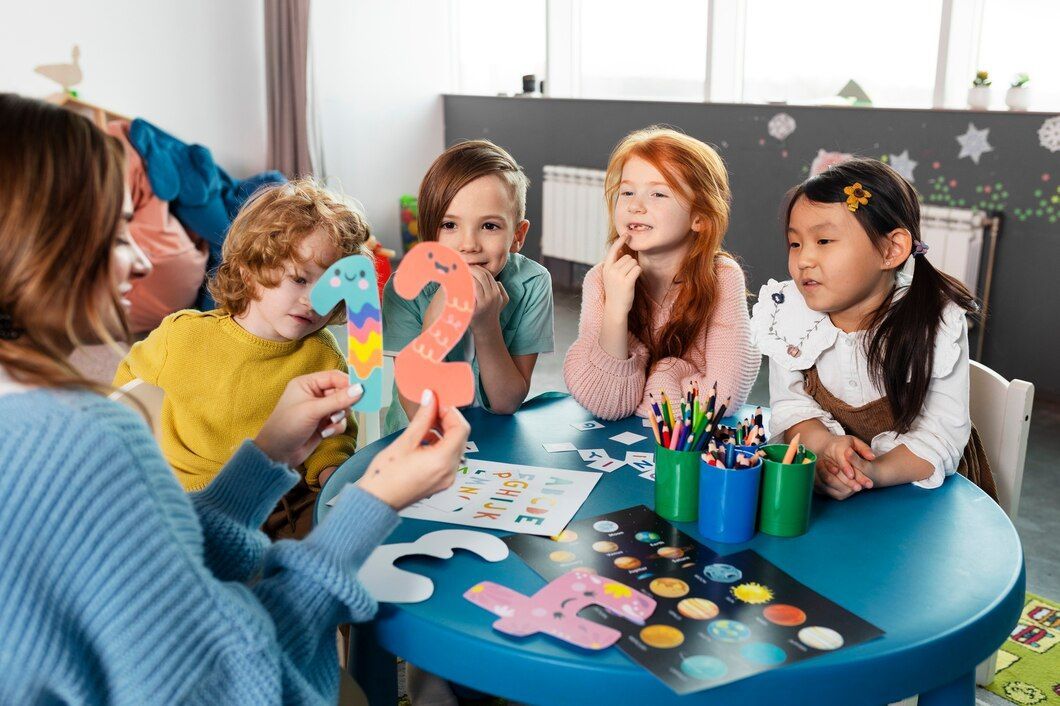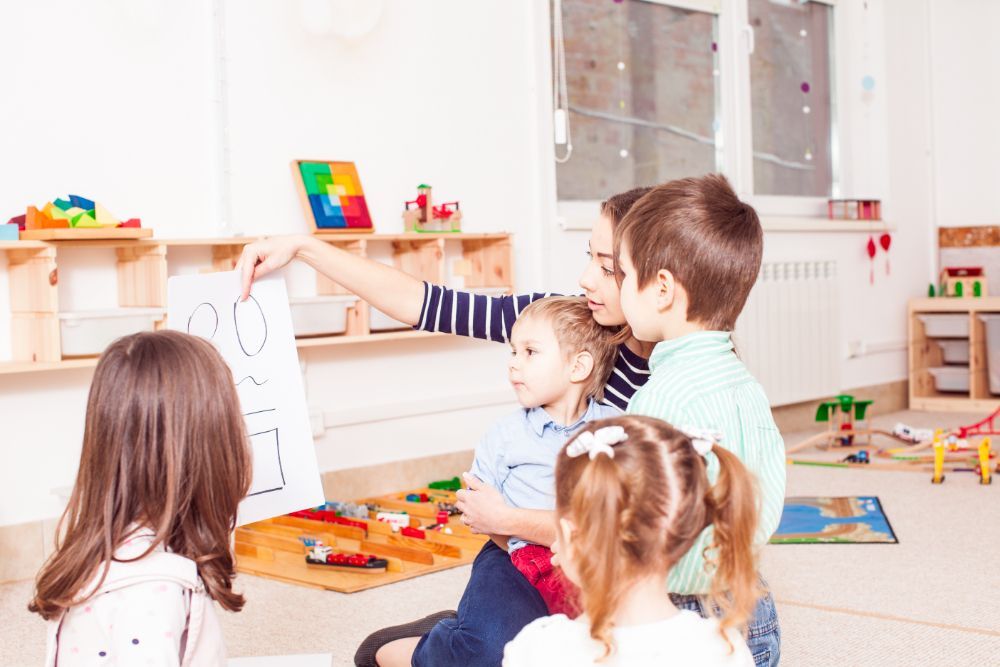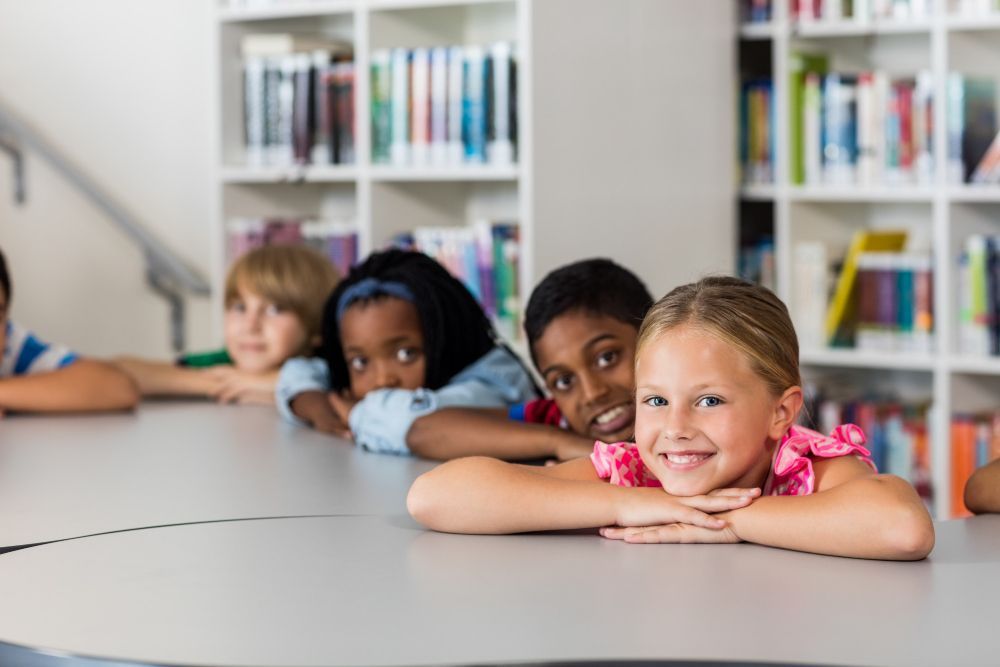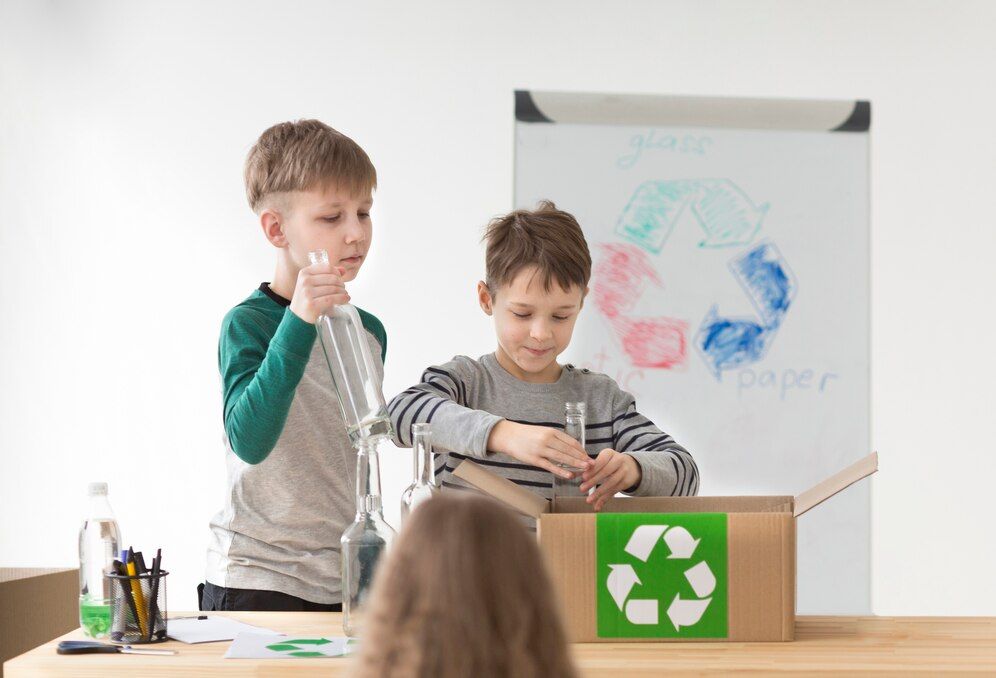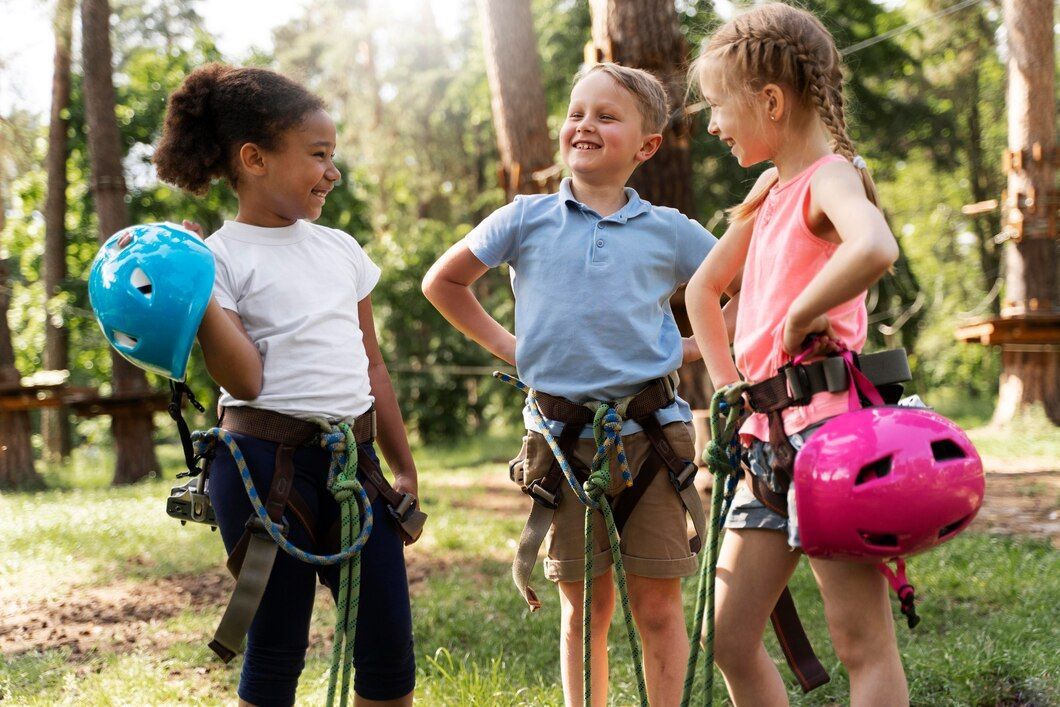The Importance of Practical Life Skills in Montessori Education
Montessori education is renowned for its comprehensive approach to children's development, paving the way for a lifelong love of learning. An integral aspect of this holistic education is the emphasis on practical life skills, which fosters self-sufficiency, self-confidence, and resilience in children. Practical life skills are essential in preparing children for real-life problem-solving and adaptability, guiding them toward a future of independence and success.
At Marlboro Montessori Academy, we recognize the importance of nurturing these essential life skills in our students, providing them with hands-on experiences and opportunities to practice and master everyday tasks.
In this blog post, we will explore the concept of practical life skills in Montessori education, delving into the various activities and experiences that instill these invaluable competencies in young learners. We will discuss the objectives and benefits of practical life exercises, emphasizing their significance in developing essential skills such as coordination, focus, responsibility, and problem-solving.
Additionally, we will examine the ways in which the Montessori approach to practical life skills connects to the broader goals of Montessori education, fostering independence, self-confidence, and a strong sense of community.
Through an in-depth exploration of Montessori's dedication to practical life skills, you will gain fresh insight into the enduring impact these activities can have on your child's development, success, and well-being. Let practical life skills in a Montessori environment serve as a catalyst for developing resilient, independent, and capable minds, ready to embrace the challenges of the world with confidence and grace.
The Pillars of Montessori Practical Life Skills
To appreciate the full impact of practical life skills in Montessori education, it is important to understand the various components that make up this crucial aspect of the curriculum. The four main pillars of practical life skills include:
1. Care of Self
Learning to care for oneself is a foundational component of practical life skills. Montessori classrooms encourage children to develop self-care abilities through activities such as dressing, hand-washing, preparing snacks, and personal grooming. These experiences empower students with the independence and self-sufficiency needed to thrive.
2. Care of the Environment
Cultivating a sense of responsibility for one's surroundings is also an essential part of the Montessori practical life curriculum. Children engage in tasks such as cleaning, organizing, watering plants, and recycling to develop an understanding of their role in maintaining a clean and well-functioning environment.
3. Grace and Courtesy
As previously discussed, grace and courtesy are key principles within Montessori education. Practical life activities offer ample opportunities for children to practice polite greetings, respectful communication, and collaboration with others, honing their social and emotional skills.
4. Movement and Coordination
Refining motor skills and developing hand-eye coordination are also critical components of Montessori practical life exercises. This includes activities such as pouring, transferring objects, and using utensils, which enhance children's fine motor skills and dexterity.
Montessori Practical Life Activities in Action
A diverse array of activities and experiences make up the practical life component of the Montessori classroom. Here are a few examples:
1. Everyday Tasks and Problem-Solving
Children are encouraged to engage in real-life situations and practice everyday tasks such as serving food, setting a table, buttoning a shirt, or tying shoelaces. These activities help them develop independence, resourcefulness, and problem-solving skills.
2. Allowing for Success and Error
Montessori practical life activities are designed to allow children the opportunity to experience both success and error, fostering resilience and a growth mindset as they learn to overcome challenges and try new strategies.
3. Creating Order and Organization
Activities in Montessori classrooms promote order and organization through the use of visual cues, clear instructions, and hands-on experiences. This orderly environment encourages children to develop an organized approach to various tasks and enhances their concentration and focus.
Benefits and Outcomes of Practical Life Skills
The Montessori approach to practical life skills imparts a range of essential benefits for children's growth and development. Some of the key benefits include:
1. Independence and Confidence
As children master practical life skills, they develop a sense of independence and self-confidence, allowing them to navigate the world with greater ease and assurance.
2. Academic Success
By honing crucial skills such as focus, organization, and problem-solving through practical life activities, children are better equipped to succeed in academic pursuits.
3. Life Skills and Responsibility
The practical life curriculum prepares children for adulthood by teaching them essential life skills and a sense of personal responsibility. Motivated and adaptable, they are prepared to tackle real-world challenges with grace and determination.
Unlocking the Potential of Montessori Practical Life Skills
The Montessori focus on practical life skills serves as the backbone of a well-rounded, comprehensive education that empowers children to thrive in every aspect of their lives. By immersing students in hands-on activities that nurture essential competencies, Montessori education fosters independence, resilience, and success.
Ready to give your child the gift of a
Montessori education that will equip them with the tools and knowledge necessary for a successful and fulfilling future? Look no further than Marlboro Montessori Academy! Our passionate educators are dedicated to providing our students with a rich and diverse range of practical life activities that support their development and cultivate lifelong skills. Contact us today to learn more about our programs and how they can benefit your child's future! #MontessoriEducation
